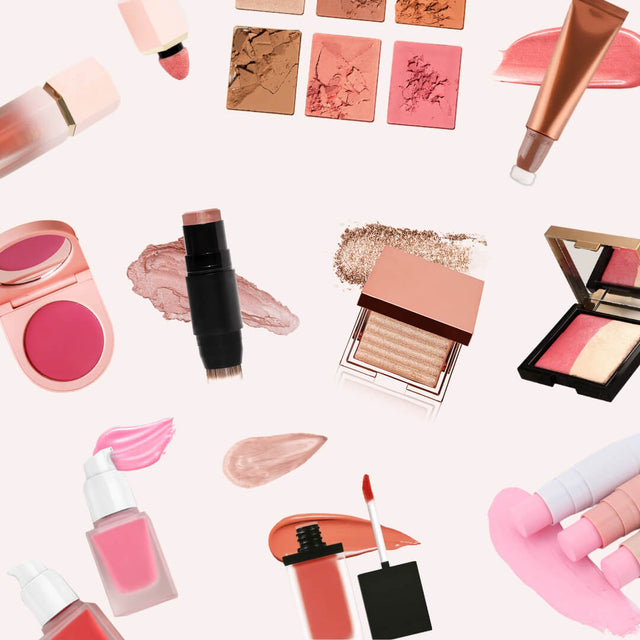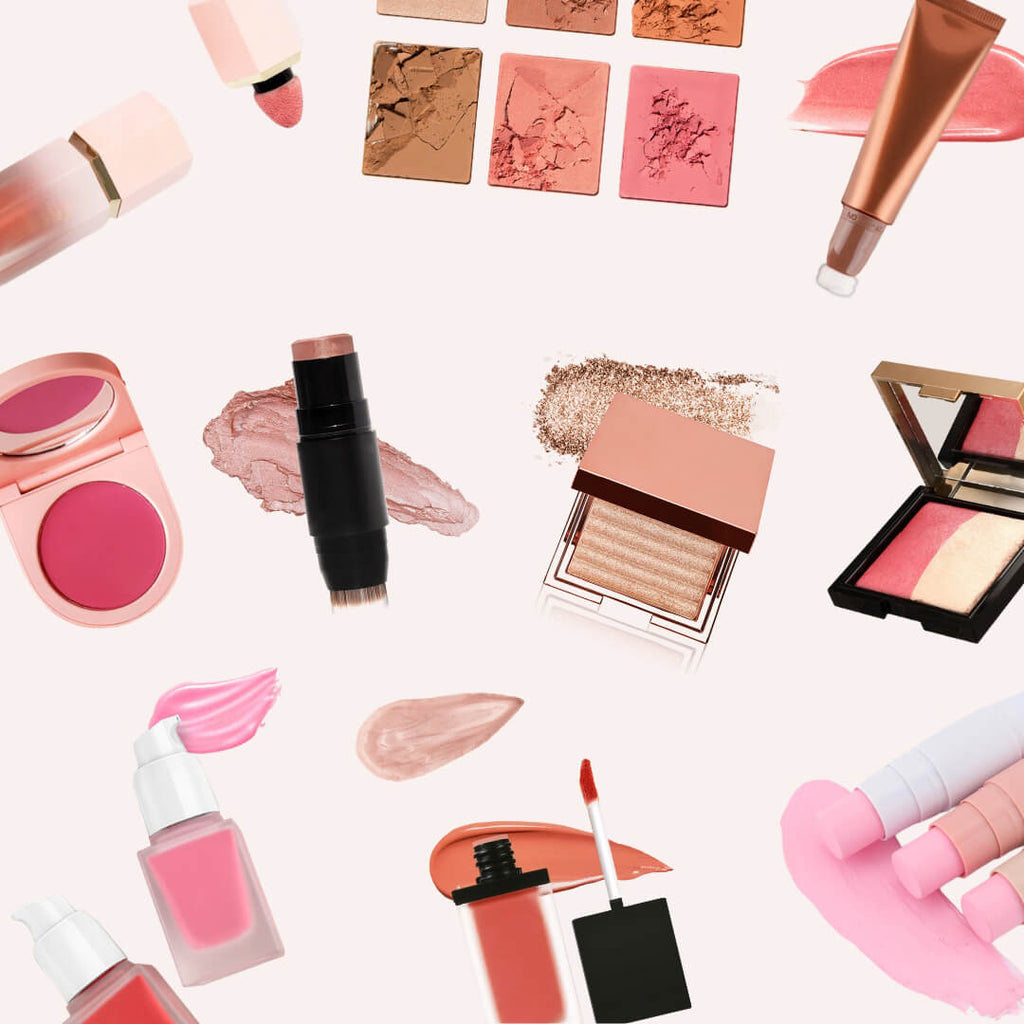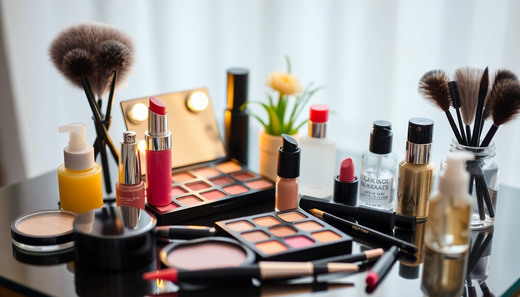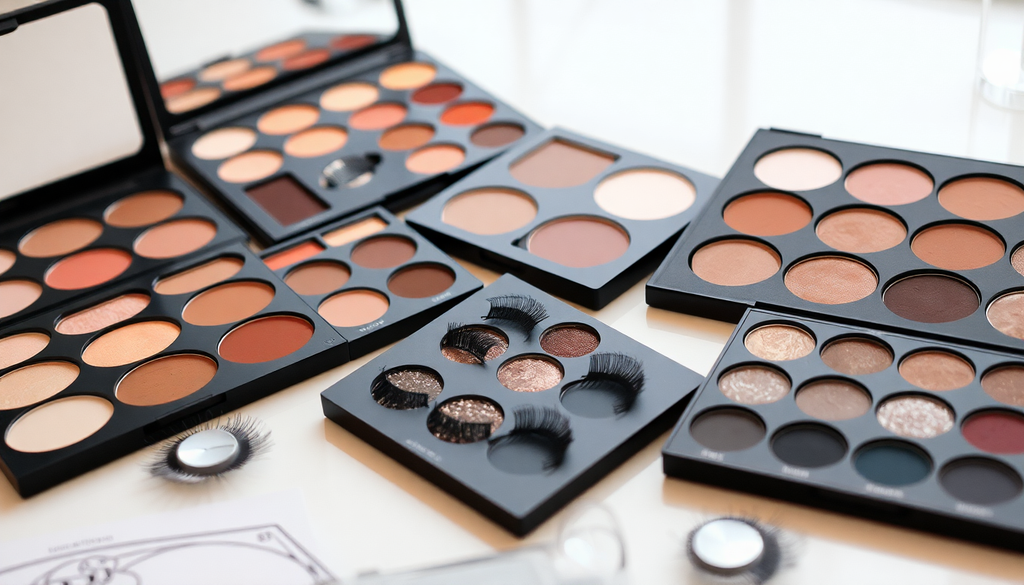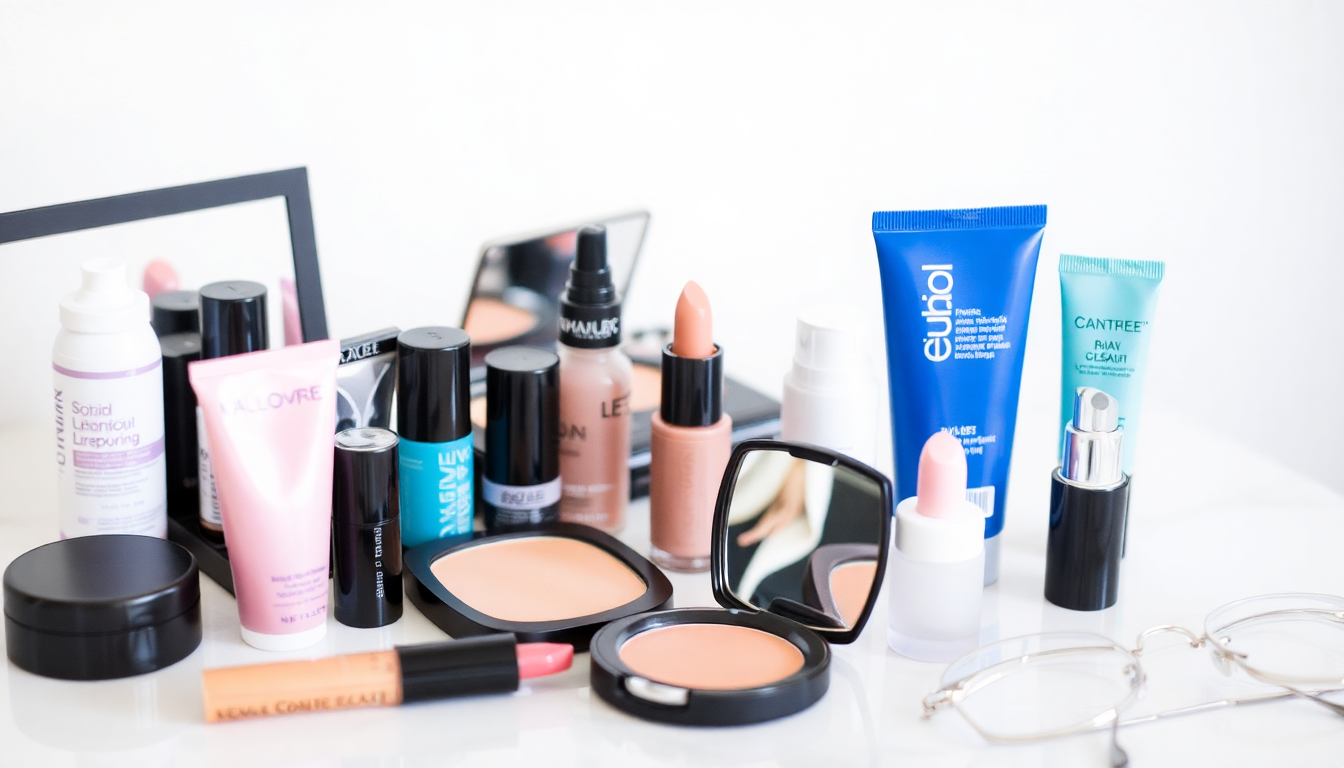
The Essential Guide to Private Label Makeup: Starting Your Own Brand with MOQ 1 pc
Introduction
In recent years, the beauty industry has seen a remarkable transformation, driven by the ever-growing demand for personalized and unique products. Private label makeup has emerged as a popular avenue for aspiring entrepreneurs looking to make their mark in this lucrative sector. This comprehensive guide will provide you with all the necessary information to kickstart your own private label makeup brand without the burden of minimum order quantities.
What is Private Label Makeup?
Private label makeup refers to cosmetics that are manufactured by one company and sold under another brand's name. This business model allows entrepreneurs to focus on branding and marketing while relying on established manufacturers for production. The concept of private labeling has gained traction due to several compelling advantages:
- Brand Control: As a private label brand owner, you have complete control over your brand identity, product offerings, and marketing strategies, allowing you to create a unique image that resonates with your target audience.
- Cost-Effectiveness: You can avoid the high costs associated with manufacturing products from scratch, as you leverage the expertise and resources of established manufacturers.
- Quick Market Entry: By partnering with manufacturers, you can launch your products faster, helping you to capitalize on market trends and consumer demands.
- Flexibility: You can easily adapt your product line to meet changing consumer preferences without significant financial commitments.
Why Choose No Minimum Orders?
Many manufacturers have traditional minimum order requirements that can be a significant barrier for new entrepreneurs entering the beauty market. Opting for suppliers that offer no minimum orders provides several benefits:
- Test the Market: You can start small, launching a limited product range to gauge market interest before committing to larger orders.
- Reduce Financial Risk: With lower initial investments, you can minimize the financial risks associated with launching a new brand, allowing you to allocate your resources more effectively.
- Experiment with Different Products: You have the flexibility to try various formulations, colors, and product types without being locked into large quantities.
- Adapt to Trends: The beauty industry is fast-paced, and having the ability to order small quantities enables you to pivot quickly in response to emerging trends.
Steps to Start Your Private Label Makeup Brand
Starting your private label makeup brand involves a series of well-planned steps. Here’s a detailed breakdown of what you need to do:
1. Market Research
Understanding your target market is crucial for the success of your brand. Conduct thorough research to identify:
- Current Beauty Trends: Stay updated on the latest trends in the beauty industry, including popular ingredients, product types, and consumer preferences.
- Competitor Analysis: Analyze existing brands in your niche. What are their strengths and weaknesses? What unique value can you offer?
- Consumer Preferences: Engage with potential customers through surveys, social media, or focus groups to gather insights into their preferences and pain points.
2. Define Your Brand
Creating a strong brand identity is essential for standing out in a crowded market. Consider the following elements:
- Brand Name: Choose a memorable and relevant name that reflects your brand’s ethos and appeals to your target audience.
- Logo Design: Invest in professional logo design that captures the essence of your brand. A strong visual identity can significantly enhance brand recognition.
- Brand Values and Mission Statement: Clearly define what your brand stands for. Your values should resonate with your audience and guide your business decisions.
3. Find a Reliable Manufacturer
Choosing the right manufacturer is critical to your brand's success. Look for manufacturers that specialize in private label cosmetics and offer no minimum order quantities. Evaluate potential partners based on:
- Product Quality: Ensure that the manufacturer adheres to high-quality standards and uses safe, effective ingredients.
- Customization Options: Find a manufacturer that allows for customization in formulations, packaging, and labeling, so you can create products that reflect your brand.
- Reputation and Reviews: Research the manufacturer’s track record. Look for reviews, testimonials, and case studies from other brands they have worked with.
4. Product Development
Once you have selected a manufacturer, it’s time to develop your product line. Key considerations include:
- Formulations: Decide on the types of products you want to offer, such as foundations, lipsticks, eyeshadows, and skincare items. Work with your manufacturer to create high-quality formulations that meet your brand's standards.
- Packaging: Choose packaging that not only protects your products but also aligns with your brand image. Consider eco-friendly options to appeal to environmentally conscious consumers.
- Testing: Ensure your products are dermatologically tested and compliant with local and international regulations. This step is crucial for building trust with your customers.
5. Set Up Your Online Store
A strong online presence is essential for your brand's success. Consider the following platforms for your e-commerce store:
- Shopify: A user-friendly platform that allows you to create a professional online store with various customization options.
- WooCommerce: A flexible e-commerce plugin for WordPress that can be tailored to meet your specific needs.
- Etsy: Ideal for small-scale beauty brands, Etsy allows you to tap into an established marketplace of customers looking for unique products.
6. Marketing and Promotion
Utilizing effective marketing strategies is crucial for building brand awareness and attracting customers. Consider the following approaches:
- Social Media Marketing: Leverage platforms like Instagram, TikTok, and Pinterest to showcase your products. Create engaging content that highlights your brand story and product features.
- Influencer Collaborations: Partner with beauty influencers and bloggers to reach a wider audience. Influencers can provide authentic reviews and recommendations that resonate with their followers.
- Email Marketing: Build a mailing list to keep your customers informed about new products, promotions, and exclusive offers. Personalized emails can significantly enhance customer loyalty.
- Content Marketing: Create valuable content such as blog posts, tutorials, and videos that educate and engage your audience. This not only builds trust but also improves your SEO ranking.
7. Customer Engagement and Feedback
Engaging with your customers is vital for long-term success. Here are some strategies to foster customer relationships:
- Encourage Reviews: Prompt customers to leave reviews on your website and social media. Positive feedback builds trust and credibility.
- Respond to Inquiries: Be responsive to customer questions and feedback. Excellent customer service can set you apart from competitors.
- Utilize Surveys: Regularly gather feedback through surveys to understand customer satisfaction and identify areas for improvement.
Legal Considerations
Starting a private label makeup brand involves legal considerations that must not be overlooked. Here are some important aspects to address:
- Trademark Registration: Protect your brand name and logo by registering them as trademarks. This prevents others from using your brand identity.
- Labeling Regulations: Ensure that your product labels comply with local and international regulations, including ingredient listings, usage instructions, and safety warnings.
- Insurance: Consider obtaining liability insurance to protect your business against potential lawsuits or claims related to your products.
Conclusion
Starting your own private label makeup brand with no minimum orders is not only feasible but also an exciting opportunity to enter the thriving beauty industry. By following the steps outlined in this guide, you can navigate the complexities of launching your brand and set yourself up for success. Keep in mind that the beauty market is dynamic, and staying informed about trends and consumer preferences will be key to your brand's longevity. With passion, dedication, and a well-executed plan, you can turn your dream of owning a private label makeup brand into a reality.

